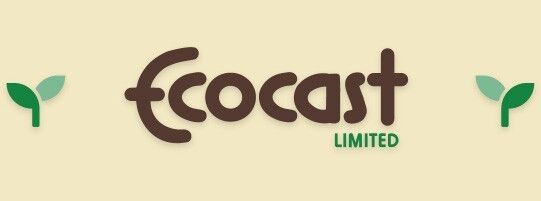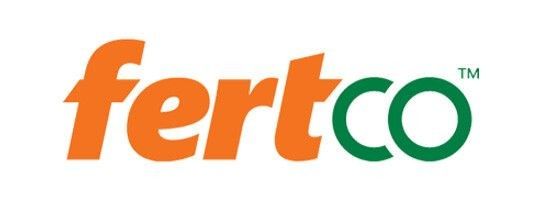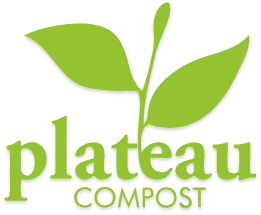Composting Kiwifruit Waste
Outbreaks of wild kiwigruit vines across New Zealand are thriving in the prime growing conditions of our country. These wild vines are running amok in native forests, carrying diseases and harmful insects.
Read more on KVH.org.nz
Read more on the Stuff article "Hellish spread of wild kiwifruit prompts pest call from lobby group"
"Composting kiwifruit waste not only increases sustainability efforts throughout the industry, it also reduces the risk of wild kiwifruit establishing."
Plateau Compost have contributed to the safe, effective management of kiwifruit waste by safely composting reject fruit without the germination of wild seeds.
A plant growth study showed that Plateau Composts growing mix made from a blend of kiwifruit, paper mill fibre, greenwaste composts and vermicast (called Plateau KGV Compost) and coarse pumice performed well when compared with a mix made from a commercial compost and coarse pumice. Nutrient concentrations in the Plateau KGV Compost were suitable for plant growth. The Plateau KGV Compost is suitable for use in horticulture.
Read more on the study here
Plateau Compost case study as described in the NZ Kiwifruit Journal June/July 2020
Access the full article section 'the break down on Compost' here
Plateau Compost Ltd began trials on reject kiwifruit as a compost component after reading newspaper articles on increased numbers of wild kiwifruit vines. The company met with KVH, who were equally keen to reduce the amount of viable kiwifruit seed in the environment and supportive of the proposal to compost reject fruit and therefore destroy kiwifruit seed. It is a more cost-effective process than clearing gullies and forest margins of wild vines, which can be very expensive for regional councils, landowners and the kiwifruit industry.
Trials started in 2015 with the support of Mike Spiers, a well-known soil scientist from Plant & Food Research at Ruakura. Mike has also been advising, for over 30 years, on the manufacture of bark-
based media for commercial potting mix manufacturers and has been very informative regarding the benefits of compost to kiwifruit production. Plateau Compost was happy with the results of trials showing neither Psa nor kiwifruit seeds survived the composting process. Kiwifruit was originally blended with fibre, sourced from Norske Skog paper mill in Kawerau, where the company is based. Since then, even better results have been achieved by blending the kiwifruit compost with green waste compost. This gave the product more structure which supported aeration and helped reduce soil compaction under the vines.Plateau Compost now operates on a fully-consented 15-hectare site, where all environmental tests are monitored by Bay of Plenty Regional Council, such as odour
and vermin, and bores are sampled to monitor groundwater to ensure that there is no contamination by leachate.Green waste comes from both Rotorua and Whakatane councils (this is composted
separately from the kiwifruit). Both green waste and kiwifruit compost reach temperatures that destroy seeds – over 55degC – and this process is carefully monitored.
One thing the company does differently from other composters is to process both composts for over 12 months. An initial six months of composting is followed by another six months of maturing, with orchards starting spreading the following year. Fruit received during harvest this year won’t be delivered as compost until after next year’s harvest. The company has got the compost to a standard staff are happy with. The carbon to nitrogen ratio is exactly where it should be, it is high in organic matter and in potassium derived from the composted fruit (5380mg/kg). Most importantly, there are very good fungal and bacterial populations. This is an important measure of a good compost which should replenish the biology in the soil - essential in kiwifruit orchards. Plateau Compost has been doing trials over the past year on a new product that encourages mycorrhizal fungi growth. The results have been encouraging and the company is likely to introduce this next year. It is also looking at a local product that will add organic nitrogen to the compost which could be useful for organic growers.

Want to know more about the Vermicast we use? Go to Ecocast to find out how they turn waste into 100% reusable value

